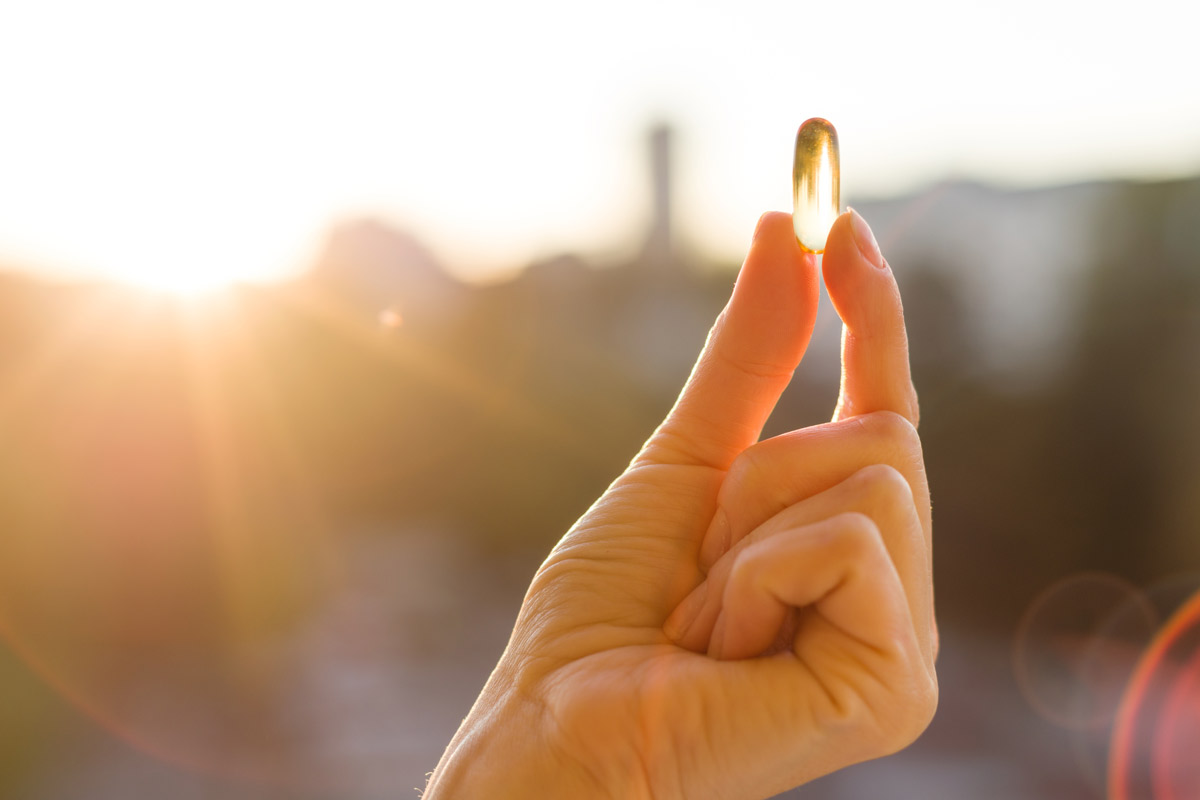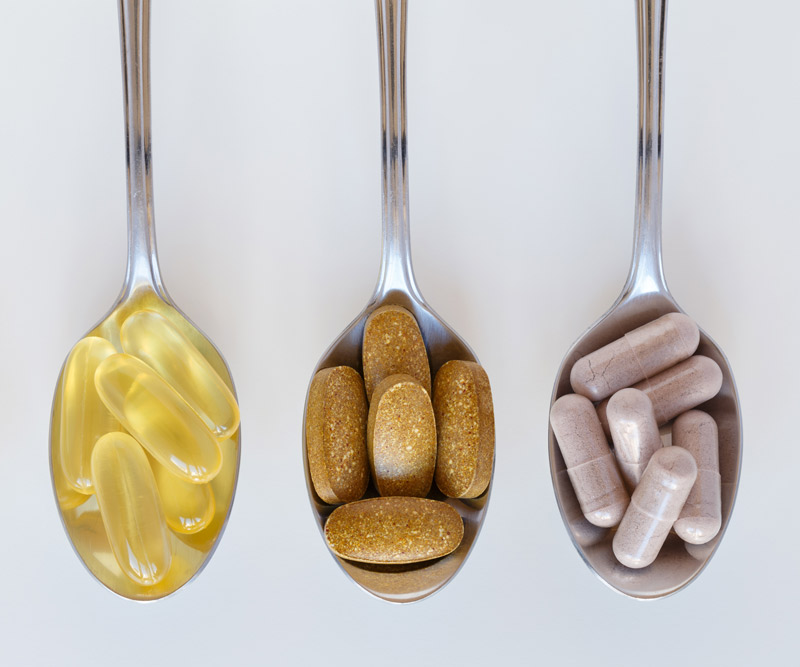
Vitamin D: The Unsung Hero of Healthy Bones
Did you know that vitamin D is important for bone health?
Adequate supplementation of calcium and vitamin D can help reduce your risk of fractures.
The active form of vitamin D leads to increased absorption of calcium from our gastrointestinal tract, contributing to healthy bones.
Therefore, adequate vitamin D is an important component in the treatment of osteoporosis, a condition in which the bones become weak and the risk of fracture increases.
The two main ways our bodies get vitamin D are through ultraviolet light and dietary intake.
Vitamin D from these two sources are processed in the liver and kidneys to the active form of vitamin D.
Foods that contain vitamin D include fortified milks, fatty fish (salmon, sardines, tuna) and cod liver oil.
Many other dairy products excluding fortified milks, such as yogurt, do not contain vitamin D.
How much sunshine exposure is needed? This is a difficult question to answer because of the difference in climates of different areas, and also because everybody’s body is different.
Notably, too much sunshine may increase the risk of skin cancer, so it is important to balance between too much and too little sun exposure.
Short periods of exposure to the sun that do not make the skin burn or redden (i.e., a few minutes a day, several times a week) is reasonable.
The Institute of Medicine recommends 600 International Units (IUs) of vitamin D for individuals aged 1-70 years, and 800 IUs of vitamin D for individuals older than age 70.
This is a sufficient level for most people in the general population.
Certain individuals may be at higher risk of developing low vitamin D levels. Discuss with your health care provider to see if the vitamin D level in your blood needs to be tested.
Only individuals with risk factors of low vitamin D levels should have their blood levels tested.
Risk factors of low vitamin D levels include:
- Osteoporosis.
- Obesity.
- Malabsorption syndromes.
- Spending little time in the sun.
- Having dark skin.
- Taking medication for seizure disorder.
If your vitamin D level is low, supplementation may be needed.
Discuss with your primary care physician if vitamin D supplementation is necessary for you, and how much you need to add.
Published on: April 16, 2018





